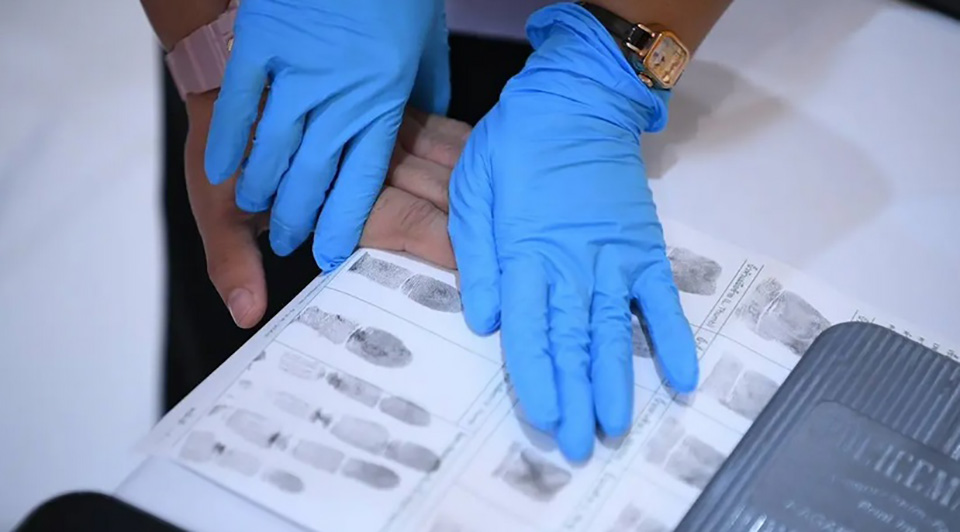
The Bangkok Metropolitan Administration (BMA) has stated that Bangkok is home to over 10 million people, including a hidden population. The term refers to people who reside, study, or work in a province without transferring their household registration.
The BMA further noted that despite the availability of comprehensive medical services under the National Health Security Act, a segment of the Thai population with registration status issues has been unable to access these rights.
To address the issue in accordance with the government’s policy, Sirindhorn Hospital, Wetchakarunrasm Hospital, the Central Hospital, and the Central Institute of Forensic Science are providing services to collect samples for DNA testing.
This service targets Thais in Bangkok, particularly in the eastern and central zones, who face registration status issues.
The National Health Security Office (NHSO) stated that the collection of DNA samples for registration status is a significant step in assisting Thais with registration rights issues.
According to data from the NHSO, most of these individuals are from vulnerable groups, including the homeless and those without rights, often due to unreported births, lost documents, or lack of a citizen ID number.
The office also highlighted that in Bangkok, there are over 40,000 Thais who cannot prove their rights and more than 2,000 homeless individuals, making them a key target group for assistance. (NNT)








